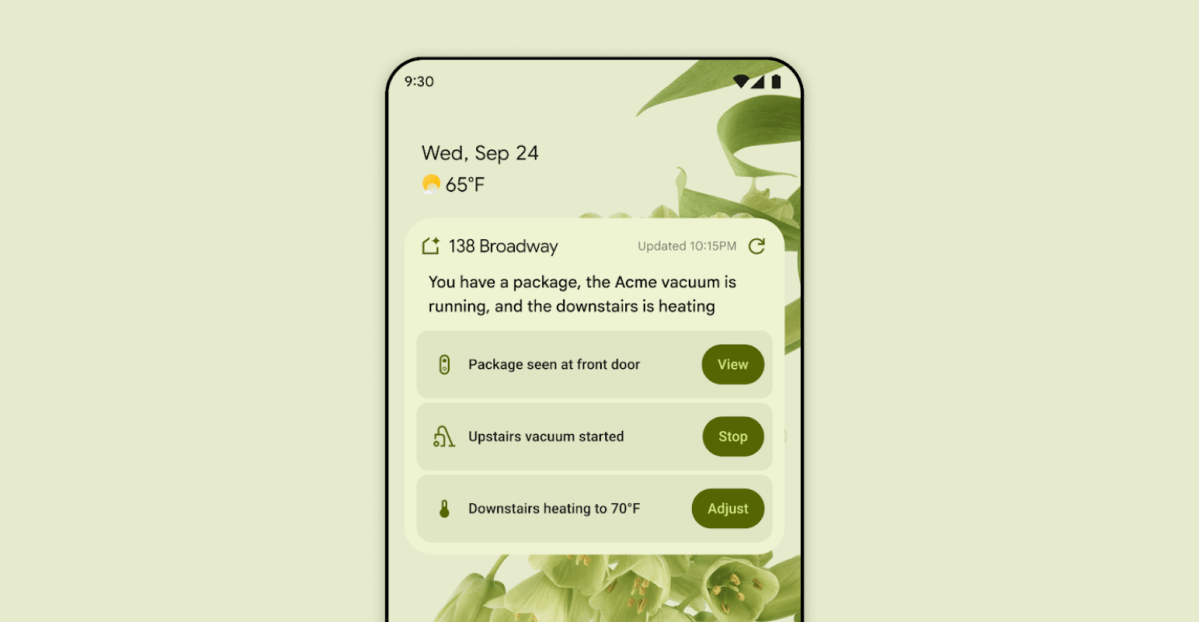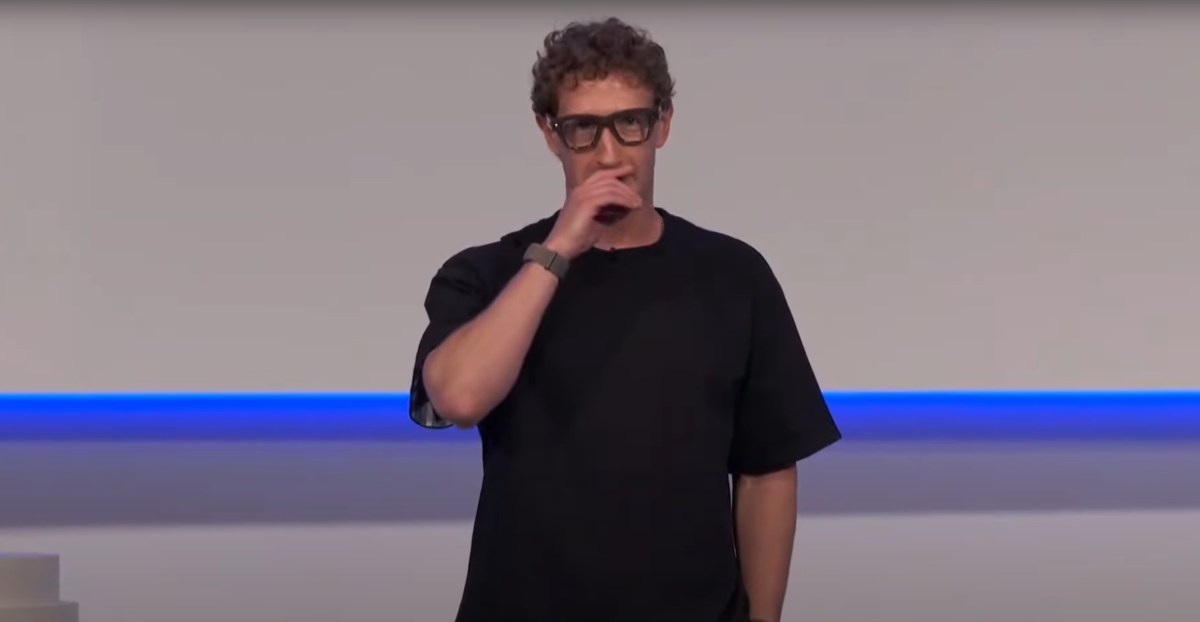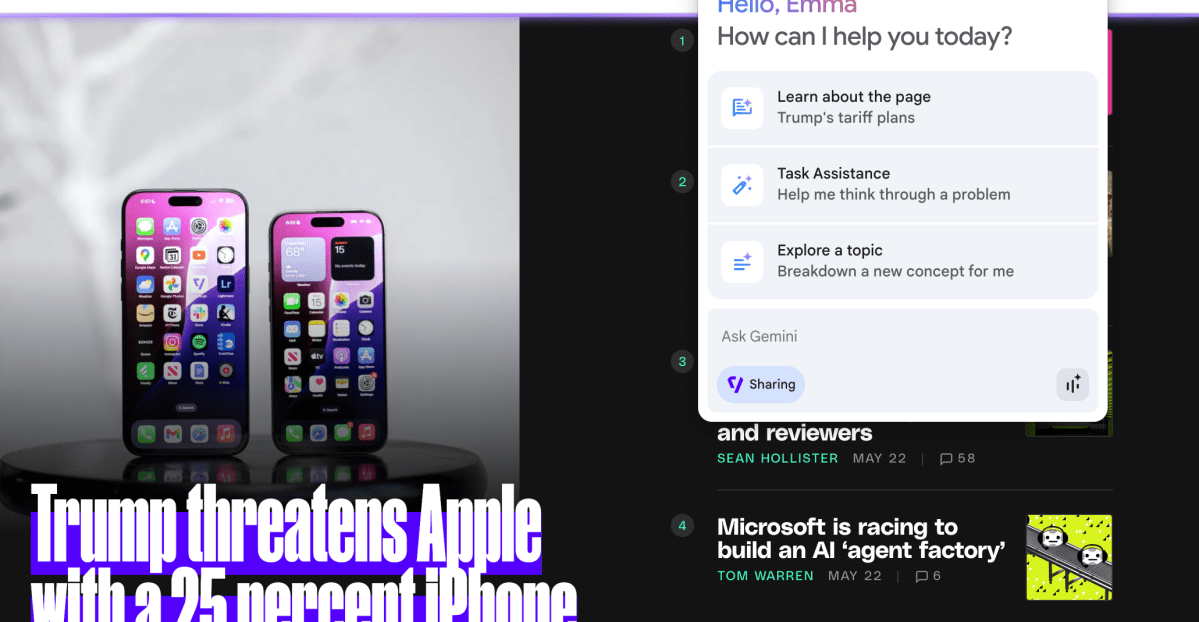
OpenAI Considers Ads for ChatGPT, Nick Turley Signals Optionality
Sources: https://www.theverge.com/news/759140/openai-chatgpt-ads-nick-turley-decoder, theverge.com
TL;DR
- OpenAI is considering ads in ChatGPT as a potential revenue stream.
- Nick Turley indicates openness but emphasizes careful, tasteful integration and preserving optionality.
- The company points to strong subscription growth and a large user base, while continuing to burn cash and aiming for positive cash flow in 2029.
- OpenAI is also exploring revenue from ChatGPT recommendations (Commerce in ChatGPT) and affiliate revenue, with safeguards to keep product recommendations independent.
- CEO Sam Altman has circulated mixed views on ads, while a rival is pursuing ads in Grok; the company is evaluating multiple monetization avenues.
Context and background
OpenAI is keeping its revenue options open and reportedly evaluating a range of approaches to monetize its flagship product. The Verge notes that ads in ChatGPT are among the options under consideration, with comments from ChatGPT head Nick Turley underscoring that the team would need to be thoughtful and tasteful if ads were to be integrated into the service. The discussion comes as Bloomberg projects a roughly $12.7 billion revenue year through subscriptions, a level that would more than triple the roughly $3.7 billion reported for 2024. Even with growing subscription revenue, OpenAI continues to burn money and does not expect to be cash-flow positive until 2029. Turley also highlighted that ChatGPT has surpassed 700 million total users, and that about 20 million are paid subscribers as of the latest April figures. He noted that the large base of free users can be leveraged to build differentiated paid offerings rather than being seen as a liability. OpenAI’s broader leadership has offered mixed signals on advertising. Sam Altman has described ads as unsettling and a last-resort option in past remarks, though he indicated a softer stance in a June podcast episode. The Verge’s coverage also points to competition from Elon Musk’s xAI, which is pursuing ad-supported features in its Grok product. In parallel, OpenAI is exploring new revenue channels such as taking a cut of product purchases recommended by ChatGPT. This initiative, named Commerce in ChatGPT, is intended to generate affiliate revenue without compromising the integrity of ChatGPT’s recommendations. As context for the revenue mix, OpenAI’s current trajectory involves a strong subscription model with significant untapped potential, while still prioritizing user trust and product integrity. The company emphasizes that affiliate revenue must not influence ChatGPT’s product recommendations, a stance Turley described as maintaining the magic of ChatGPT, where the system independently selects products without interference. Key metrics cited by The Verge include a user base that has surpassed 700 million and a paid subscriber base of roughly 20 million as of April. These figures frame the company’s emphasis on optional monetization paths that do not erode the core experience that many users rely on for their goals.
What’s new
- Ads are explicitly listed as one of the revenue options OpenAI is considering for ChatGPT. Turley suggests openness to exploring ads but stresses that any approach would be thoughtful and tasteful, and that ChatGPT may not be an ads-driven product.
- OpenAI reiterates that it will build other products with potentially different monetization models, preserving optionality for the company’s broader portfolio.
- The company is actively pursuing a Commerce in ChatGPT program to take a cut of sales generated through ChatGPT recommendations, while maintaining a commitment that recommendations remain free of affiliate influence.
- Altman’s public stance remains nuanced: ads are not ruled out entirely but remain a delicate topic as the company weighs user trust against revenue opportunities. The Verge also notes that xAI plans to embed ads in Grok, highlighting a competitive landscape for monetization in AI assistants.
Why it matters (impact for developers/enterprises)
- For developers and enterprises building on OpenAI’s platform, the potential introduction of ads in ChatGPT could change the monetization envelope for consumer-facing AI apps. Any advertising would need to align with user goals and maintain a high standard of quality to avoid undermining trust.
- The emphasis on preserving the independence of product recommendations is critical for developers relying on ChatGPT for shopping or purchase guidance. The Commerce in ChatGPT effort aims to monetize recommendations without compromising the system’s perceived objectivity.
- The broader revenue mix, including a robust subscription base, suggests a path where free and paid tiers coexist while additional revenue comes from carefully integrated sellers and partners. Enterprises may benefit from more differentiated offerings that leverage the platform’s scale without degrading the user experience.
- The competitive landscape, including xAI’s stated plans for ads in Grok, highlights a growing market for AI-assisted commerce and advertising. Enterprises should monitor how these monetization models evolve, especially how ad placement might affect response quality, user trust, and conversion rates.
Technical details or Implementation
- Commerce in ChatGPT is described as a mechanism to share revenue with merchants through ChatGPT’s recommendations. OpenAI asserts that affiliate revenue must not influence the recommendations themselves; the system should continue to pick products independently to preserve user trust and perceived neutrality.
- Ads in ChatGPT would require careful product design to avoid disrupting the user’s goals. Turley notes the need to be thoughtful and tasteful, indicating that any ads would likely be implemented with strict guidelines and governance.
- The company remains focused on its subscription model, which is growing rapidly, while signaling untapped opportunities beyond ChatGPT itself. This suggests a layered approach to monetization where paid tiers and modular products coexist with revenue-sharing arrangements for complementary services.
- The public statements reflect a cautious stance toward ads—a balance between monetization and maintaining ChatGPT’s core experience. The landscape includes a rival pursuing ads in its own AI product and ongoing explorations into new revenue streams that preserve product integrity.
Key takeaways
- Ads are among several monetization options being considered for ChatGPT, but OpenAI aims to implement them with care and user-centric design.
- Leadership emphasizes optionality and the potential for other products to carry different monetization dynamics, while highlighting strong subscription momentum.
- Commerce in ChatGPT seeks affiliate revenue from recommendations, but OpenAI intends to keep product recommendations independent of affiliate influence.
- The company acknowledges ongoing revenue pressures and cash burn, with projected growth in subscription revenue and a path to positive cash flow in 2029.
- The discourse around ads is part of a broader competitive and regulatory environment, with xAI pursuing ads and Altman offering nuanced public commentary.
FAQ
-
Will ChatGPT start showing ads soon?
Ads are under consideration as a potential revenue option, but any integration would be approached thoughtfully and with care to avoid compromising user goals. [The Verge](https://www.theverge.com/news/759140/openai-chatgpt-ads-nick-turley-decoder)
-
How would affiliate revenue work without influencing recommendations?
OpenAI is actively exploring Commerce in ChatGPT, a program to take a cut of product purchases, but the company intends that affiliate revenue not affect how ChatGPT selects products for users. [The Verge](https://www.theverge.com/news/759140/openai-chatgpt-ads-nick-turley-decoder)
-
What is Commerce in ChatGPT?
It is a project described as taking a revenue share from product purchases prompted by ChatGPT, while preserving the independence of recommendations. [The Verge](https://www.theverge.com/news/759140/openai-chatgpt-ads-nick-turley-decoder)
-
How do free users factor into OpenAI’s strategy?
Turley notes that the vast majority of users are free and views this as a funnel to build differentiated paid offerings rather than as a liability. [The Verge](https://www.theverge.com/news/759140/openai-chatgpt-ads-nick-turley-decoder)
-
How does OpenAI’s stance compare with xAI’s approach?
The Verge notes that xAI has firmer plans to include ads in Grok, indicating a broader industry trend toward monetized AI interactions. [The Verge](https://www.theverge.com/news/759140/openai-chatgpt-ads-nick-turley-decoder)
References
More news
First look at the Google Home app powered by Gemini
The Verge reports Google is updating the Google Home app to bring Gemini features, including an Ask Home search bar, a redesigned UI, and Gemini-driven controls for the home.
Meta’s failed Live AI smart glasses demos had nothing to do with Wi‑Fi, CTO explains
Meta’s live demos of Ray-Ban smart glasses with Live AI faced embarrassing failures. CTO Andrew Bosworth explains the causes, including self-inflicted traffic and a rare video-call bug, and notes the bug is fixed.
OpenAI reportedly developing smart speaker, glasses, voice recorder, and pin with Jony Ive
OpenAI is reportedly exploring a family of AI devices with Apple's former design chief Jony Ive, including a screen-free smart speaker, smart glasses, a voice recorder, and a wearable pin, with release targeted for late 2026 or early 2027. The Information cites sources with direct knowledge.
Shadow Leak shows how ChatGPT agents can exfiltrate Gmail data via prompt injection
Security researchers demonstrated a prompt-injection attack called Shadow Leak that leveraged ChatGPT’s Deep Research to covertly extract data from a Gmail inbox. OpenAI patched the flaw; the case highlights risks of agentic AI.
How chatbots and their makers are enabling AI psychosis
Explores AI psychosis, teen safety, and legal concerns as chatbots proliferate, based on Kashmir Hill's reporting for The Verge.
Google expands Gemini in Chrome with cross-platform rollout and no membership fee
Gemini AI in Chrome gains access to tabs, history, and Google properties, rolling out to Mac and Windows in the US without a fee, and enabling task automation and Workspace integrations.





